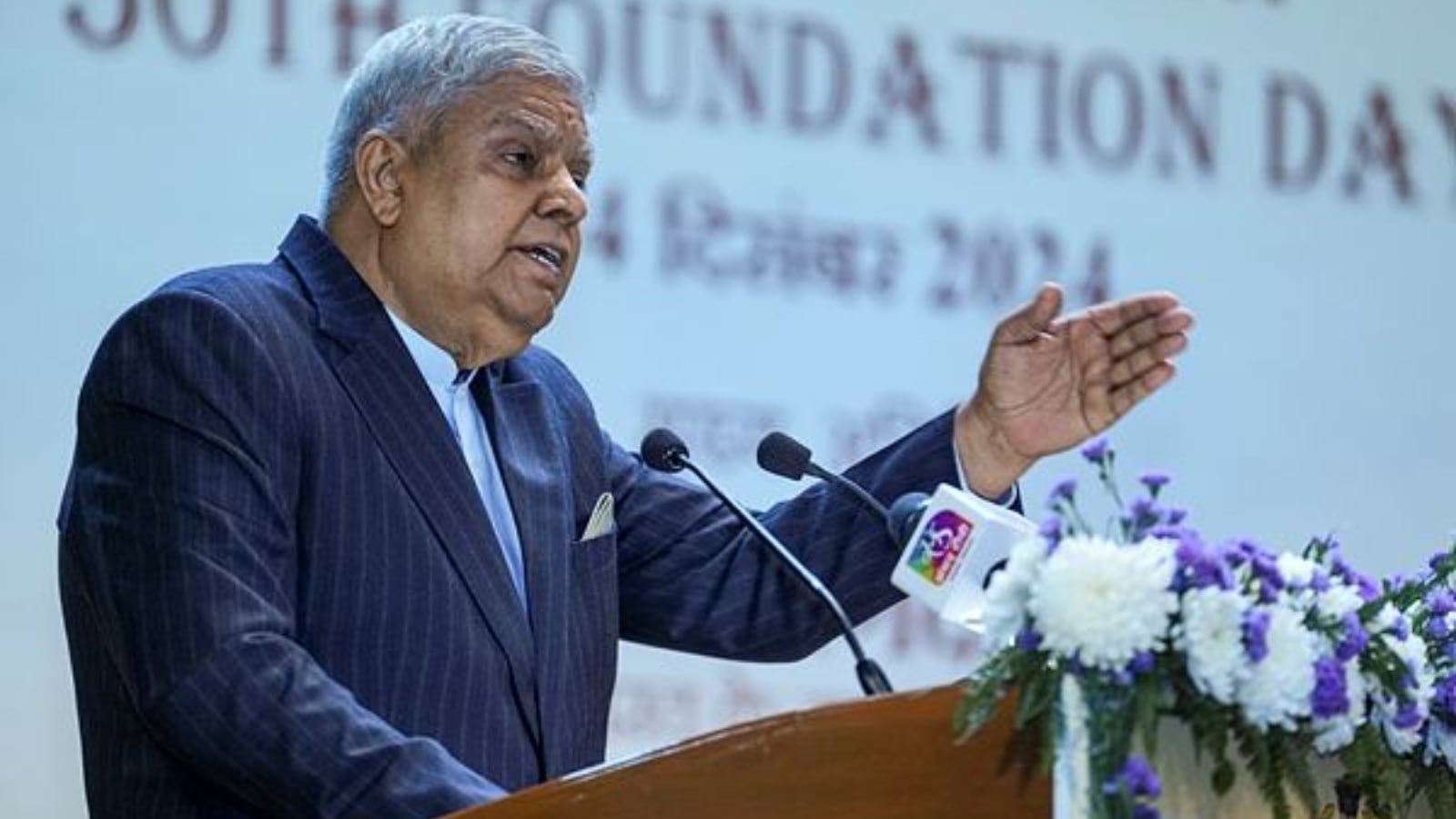 |
|
The recent adoption of a Uniform Civil Code (UCC) in Uttarakhand has sparked significant debate across India. Vice President Jagdeep Dhankhar's statement declaring that a nationwide UCC is inevitable reflects the growing political momentum behind this contentious issue. His assertion, made during a Rajya Sabha internship program, frames the UCC as fulfilling a constitutional mandate enshrined in Article 44 of the Directive Principles of State Policy. This article calls for the state to endeavor to secure for its citizens a uniform civil code, though it does not legally enforce it. Dhankhar’s interpretation emphasizes the moral and constitutional imperative to achieve this objective, regardless of the political opposition it faces.
Dhankhar's optimistic outlook is not universally shared. Critics argue that the UCC threatens the diverse personal laws of various religious communities in India. They express concern that its implementation could lead to the marginalization of minority groups and exacerbate existing social tensions. The debate centers on the potential for the UCC to erode the religious and cultural autonomy enjoyed by different communities, raising questions of religious freedom and secularism. These concerns are amplified by the fact that implementation of the UCC is not explicitly time-bound and leaves room for varying interpretations regarding enforcement.
The complexities of implementing a UCC extend beyond the legal frameworks. Societal acceptance plays a crucial role. Deep-rooted customs and traditions vary significantly across different regions and communities. Overcoming resistance to change in deeply personal and culturally sensitive matters requires a delicate balancing act between legal frameworks, societal norms, and individual rights. A thorough and sensitive public consultation is deemed essential by many to achieve a successful and inclusive UCC that respects the rights and beliefs of all citizens. The rushed nature of the Uttarakhand adoption, according to critics, only serves to undermine these necessary processes.
Beyond the immediate discussions surrounding the UCC, Dhankhar's remarks also highlight concerns regarding illegal immigration, labeling it a threat to India's sovereignty and electoral system. This statement underscores the intertwining of domestic political issues with broader security concerns. The Vice President's call for a serious government review suggests that the issue of illegal immigration is perceived as a high priority, potentially impacting policy decisions across various sectors. It is notable how the discussion of immigration relates to the UCC, framing both as potentially destabilising factors that must be addressed by the government through swift and determined action.
The controversy surrounding the UCC reflects a deeper polarization within Indian society. The debates encompass legal interpretations, societal values, religious freedom, and political strategies. It demonstrates the complexities of navigating cultural diversity within a constitutional framework. The inherent tension between a unified national identity and the protection of diverse cultural practices necessitates careful consideration of potential consequences and the need to engage in respectful dialogue and thorough assessment of potential impacts before implementation.
Ultimately, the future of the UCC in India remains uncertain. While Dhankhar's prediction of nationwide adoption suggests a strong political will to implement it, the social and legal challenges are formidable. The success of any such legislation depends not only on the legal framework but also on the extent to which it aligns with the societal values and aspirations of all its citizens. The process of implementing such significant social change requires not only legal acumen but also careful consideration of the social, cultural, and religious sensitivities involved. The ongoing debates will shape not only the legal landscape but also the social and political fabric of India for years to come. Whether this will result in national unity or further division remains to be seen.
The discussion surrounding the UCC further highlights the tension between the aspiration for a unified nation and the preservation of individual and group rights. This tension is fundamental to the concept of a pluralistic democracy and requires navigating diverse viewpoints and sensitivities. A thorough and inclusive public discourse, free from political bias and prejudice, is crucial to the successful implementation of the UCC, while ensuring that it remains a unifying force rather than a source of disunity and discord. Finding a balance between national uniformity and individual and group identities is a crucial challenge that needs careful and nuanced consideration. The path forward will require constructive dialogues among all stakeholders, guaranteeing that the eventual legislation reflects the best interests of the nation, respecting the diverse identities and beliefs of its people.
Source: Only a matter of time before the country adopts UCC: Vice-President Jagdeep Dhankhar
